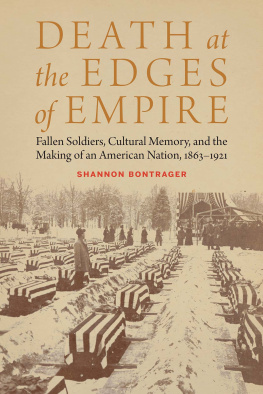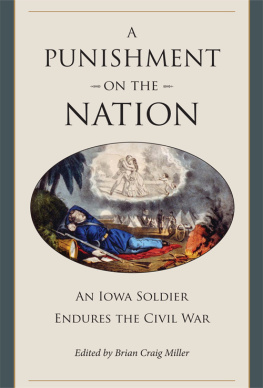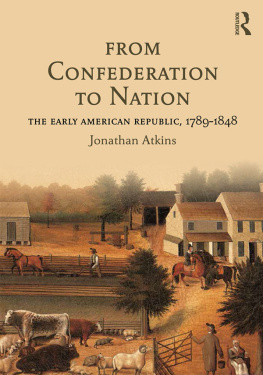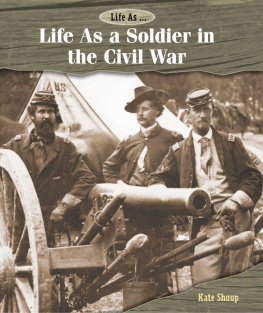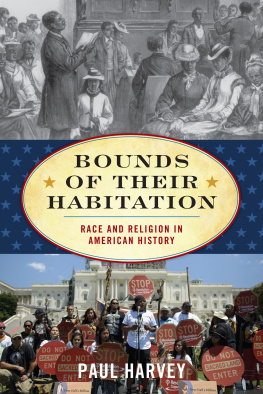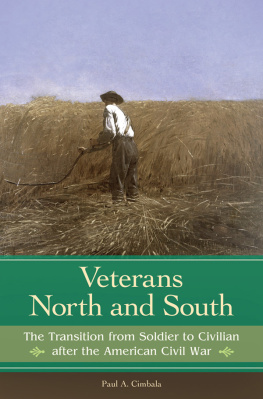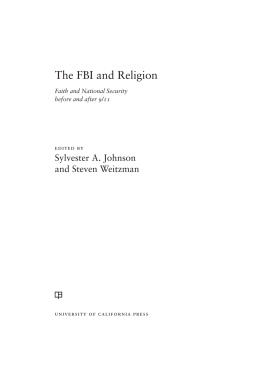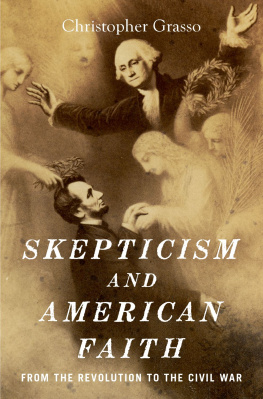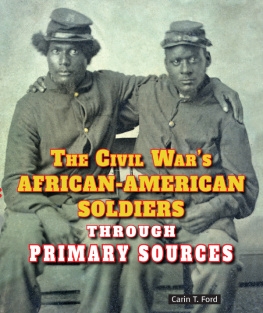G.I. Messiahs
G.I. Messiahs
Soldiering, War, and American Civil Religion
Jonathan H. Ebel
Yale UNIVERSITY PRESS
NEW HAVEN AND LONDON
Published with assistance from the Mary Cady Tew Memorial Fund.
Copyright 2015 by Yale University.
All rights reserved.
This book may not be reproduced, in whole or in part, including illustrations, in any form (beyond that copying permitted by Sections 107 and 108 of the U.S. Copyright Law and except by reviewers for the public press), without written permission from the publishers.
Yale University Press books may be purchased in quantity for educational, business, or promotional use. For information, please e-mail (U.K. office).
Set in Ehrhardt type.
Printed in the United States of America.
ISBN: 978-0-300-17670-4 (hardback; permanent paper)
Library of Congress Control Number: 2015936435
A catalogue record for this book is available from the British Library.
This paper meets the requirements of ANSI/NISO Z39.48-1992 (Permanence of Paper).
10 9 8 7 6 5 4 3 2 1
To Mom and Dad
Thank you
Contents
Acknowledgments
I began work on this book in the fall of 2009 and have, over the past five years, benefited from the generosity of numerous friends, colleagues, and institutions, and from the love and support of my family. One of the great pleasures of this work is the frequent reminders of human goodness it provides. Another great pleasure is the opportunity to say thank you. David Price, head of the Department of Religion at the University of Illinois, UrbanaChampaign, has given me more encouraging words than I can count. I owe him and my colleagues in the department a tremendous debt of gratitude. I appreciate very much the encouragement and support I have received from Dianne Harris and the Illinois Program for Research in the Humanities, Masumi Iriye and the Center for Advanced Study, Nancy Abelman and the Office for the Vice Chancellor of Research, and Rajeev Malik and the Office of International Programs and Studies. I am thankful as well to Nancy Castro, James Hansen, Valerie Hotchkiss, Lilya Kaganovsky, Rick Layton, Rebecca Linder Blachly, Justine Murison, Kathy Oberdeck, David OBrien, Ned OGorman, Michael Rothberg, Rob Rushing, Rene Trilling, Anna Stenport, Ruth Watkins, Olof Westerstahl, Gillen Wood, and Yasemin Yildiz, wonderful colleagues, past and present, who have made the University of Illinois such a vibrant intellectual community.
Major sections of this book would have been impossible to write without the generous support of the American Academy of Religion, the William and Flora Hewlett Foundation, and the Louisville Institute, whose grants helped me to both travel to research sites and have the time to think through what it was that I found there. I am especially indebted to the Young Scholars in American Religion program. This program, led by Phillip Goff, has done a service to the field of American religious history that can hardly be measured. As a program fellow, under the mentorship of Clark Gilpin and Tracy Fessenden, I received professional and personal support for which I will always be grateful. I owe particular thanks to Clark and Tracy, and also to Heather Curtis, Jennifer Graber, and Kip Kosek, who read and commented on substantial pieces of this book, and who have kept the experience of the Young Scholars program alive, even though the young part may not fit quite as well as it once did. I would also like to thank my friends and colleagues Edward Blum, John Carlson, John Corrigan, Kathryn Gin Lum, Alison Greene, Kathryn Lofton, William Munro, Erik Owens, Brent Plate, and Skip Stout for reading and advising and encouraging me over the course of this project, and for making this corner of academia such a pleasant one. I had the incredible good fortune to study under Catherine Brekus as a graduate student at the University of Chicago. I am forever grateful for the many things that I learned from her and for her continued friendship and support.
I am also thankful to Jennifer Banks at Yale University Press, who helped me think through this project from its very earliest stages and has shown great patience along the way. She is everything one could hope for in an editor. Heather Gold at Yale answered many questions down the stretch and helped me get this project over the finish line. Heartfelt thanks also to Eliza Childs for her stellar copy editing and good humor, and to Margaret Otzel for coordinating every aspect of production. During the research process I also had valuable assistance from archivists, librarians, and staff at the American Battle Monuments Commission, the American Cathedral in Paris, the Lafayette Escadrille Memorial, the George Marshall Foundation, American Legion Headquarters, Princeton Universitys Mudd Manuscript Library, the Southern California Social Studies Research Library, and the magnificent libraries of the University of Illinois. Had it not been for the help of two capable and generous research assistants, Sarah Jackman and Joshua Young, I could never have found or kept track of much of the material in this book. I owe special thanks to Joshua, whose assistance in the last year of work on this project was crucial.
I have neither enough words nor the right ones to express the love that I feel for my wife, Meredith, who sustains me, and my three amazing daughters, Sophia, Charlotte, and Beatrice, who inspire me. Not only do you all give me energy as I work, you give me great joy in the many other things we do together. Thank you for that. Who knew ballet was so fun? I love you all very much.
I dedicate this book to my mom and dad, Holly and David Ebel, who for forty-four years have loved, understood, supported, and even traveled alongside. For the many ways in which you have provided nourishment, refreshment, challenge, relaxation, and safe harbor for me and my merry band, I offer my love, my gratitude, and this for the cabin bookshelf.
Introduction
In the beginning was the Word, and the Word was with God and the Word was God. He was with God in the beginning. Through him all things were made.
JOHN 1:13
This book is about the religious dynamics of soldiering for America from the Great War, which I mark as the emergence of the United States as a global power, to the conflicts in Afghanistan and Iraq, which future historians will certainly describe as national crises, perhaps even as engines of American decline. Hundreds of histories have been written of the wars waged in the so-called American century and of exercises of American mightboth violent and notthat have, in one way or another, fallen short of war. A significantly smaller historiography of religion in the modern United States has emerged over the last half century, sometimes attending to moments of national crisis and war, sometimes treating governmental institutions and American actions on the global stage as disconnected from or irrelevant to the faiths of Americans.
The focus of this book is the men and women without whose bodies no wars could be fought, no diplomatic challenges backed up, no histories of either written. But in keeping this focus, I have found it necessary to tell two stories. The first involves the presentation of the American soldier to Americas publics, moments of public connection with the soldier as a living symbol. The second considers the ways that soldiers have interacted with Americas publics and with their symbolized selves, the ways that real servicemen and -women shape and are shaped by expectations, beliefs, and memories of the soldier. My aim is to weave together these two stories and to relate them to what scholars often call American civil religion: the narratives, symbols, practices, and institutions that create and sustain a sense of Americas special purpose and place in the world.
This is also, then, a book about religion, which may seem odd at first blush. Judging by appearances, there is nothing necessarily religious about either the warrior or the warrior image. In the first decades of the twenty-first century we are accustomed to thinking of religious themes and identities as clearly marked and as matters of choice, whether presented by an artist in a sculpture or by a believer in a word or an act. My interest here is in matters that frequently go beyond clear markings and conscious choices. In fact, a central presupposition of this book is that both the imagined soldier and his more fragile, more complicated, human counterpart participate inevitably in American civil religion. Presentations of American soldiers and soldiers own engagements with the myths, rituals, and symbols that inform those presentations are expressions of American civil religion; in them we can often see both the theological substructures of American civil religion and its complexities as a lived religion.
Next page

